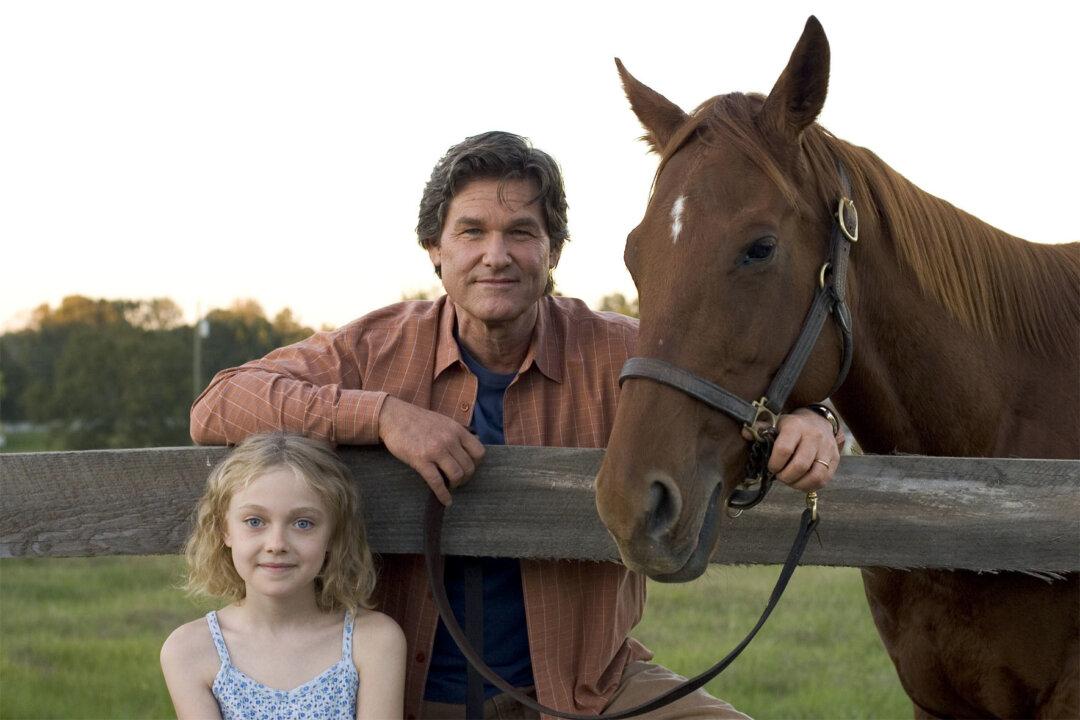Writer-director John Gatins’s film is about what families ought to treasure but take for granted. These are the times, places, people, and things that bind them ... sometimes.
Work-obsessed horse trainer Ben Crane (Kurt Russell) learns to bond with his precocious, headstrong pre-teen daughter Cale (Dakota Fanning), wife Lilly (Elisabeth Shue), and the family patriarch Pop (Kris Kristofferson), but only when professional circumstances close in on him. Cale and Ben inspire each other to dream big. They discover that believing in oneself is harder to sustain in the absence of love, warmth, and acceptance. When these abound, however, people (not just horses) flourish. Check Prime Video for plot summary, cast, reviews, and ratings.





